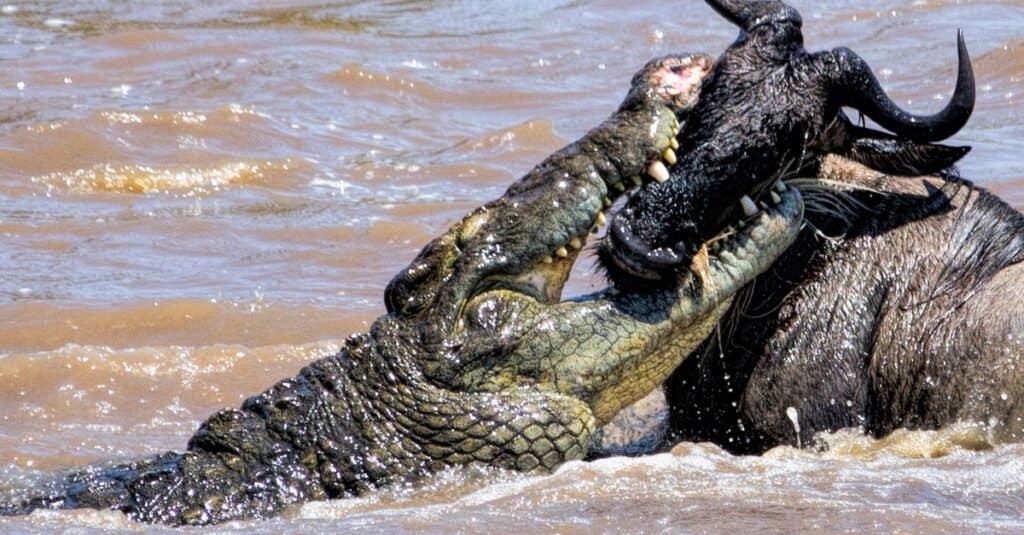"The Most Poisonous and Dangerous Animals in the World"
Dangerous Animals

The world is home to a vast array of different animal species, many of which are known for their beauty, grace, and unique characteristics. However, there are also a number of animals that have earned a reputation for being some of the deadliest creatures on the planet. Here is a list of the top 10 deadliest animals in the world, along with a brief description of each:
Mosquitoes -
Mosquitoes may be small, but they are responsible for more human deaths than any other animal on earth. These tiny insects transmit a number of diseases, including malaria, yellow fever, and Zika virus, which together claim millions of lives each year.
Box jellyfish -
The box jellyfish, also known as the sea wasp, is one of the most venomous creatures in the world. Its tentacles contain toxins that can cause heart failure within just a few minutes of contact, and there is no known antivenom for its venom.
Saltwater crocodile -
The saltwater crocodile is the largest living reptile on earth, and it is also one of the most aggressive. These massive predators are found in the coastal regions of the Indian and Pacific Oceans, and they have been known to attack and kill humans who venture too close to their territory.
African elephant -
While African elephants are generally peaceful creatures, they can be deadly when they feel threatened or provoked. These massive animals can weigh up to 24,000 pounds and are capable of crushing or trampling anything in their path.
African buffalo -
The African buffalo, also known as the Cape buffalo, is one of the most dangerous animals in the world. These large, heavily-built herbivores are responsible for killing more hunters on the African continent than any other animal, and they are also known to attack and kill humans who get too close to them.
Poison dart frog -
Poison dart frogs are small, brightly-colored amphibians that are native to Central and South America. Despite their small size, these frogs are incredibly toxic, and their skin secretions contain a number of powerful neurotoxins that can cause paralysis or death in humans.
Stonefish -
The stonefish is a venomous fish that is native to the waters of the Pacific and Indian Oceans. It is one of the most venomous fish in the world, and its spines contain toxins that can cause extreme pain, paralysis, and even death in humans.
Brazilian wandering spider -
The Brazilian wandering spider, also known as the banana spider, is a highly venomous spider that is native to South America. Its venom is potent enough to cause paralysis and death within just a few hours of a bite, and it is considered one of the most dangerous spiders in the world.
Saltwater stonefish -
The saltwater stonefish is a venomous fish that is native to the waters of the Pacific and Indian Oceans. It is one of the most venomous fish in the world, and its spines contain toxins that can cause extreme pain, paralysis, and even death in humans.
Cone snails -
Cone snails are small, venomous mollusks that are found in the waters of the Pacific, Atlantic, and Indian Oceans. They are known for their distinctive shells, which are shaped like a cone, and their venomous harpoons, which they use to capture and kill their prey. While cone snails are not typically aggressive towards humans, their venom is powerful enough to cause serious injury or death if not treated promptly.
In conclusion, the world is home to a wide variety of different animal species, many of which are capable of causing serious injury or death to humans






Comments
There are no comments for this story
Be the first to respond and start the conversation.